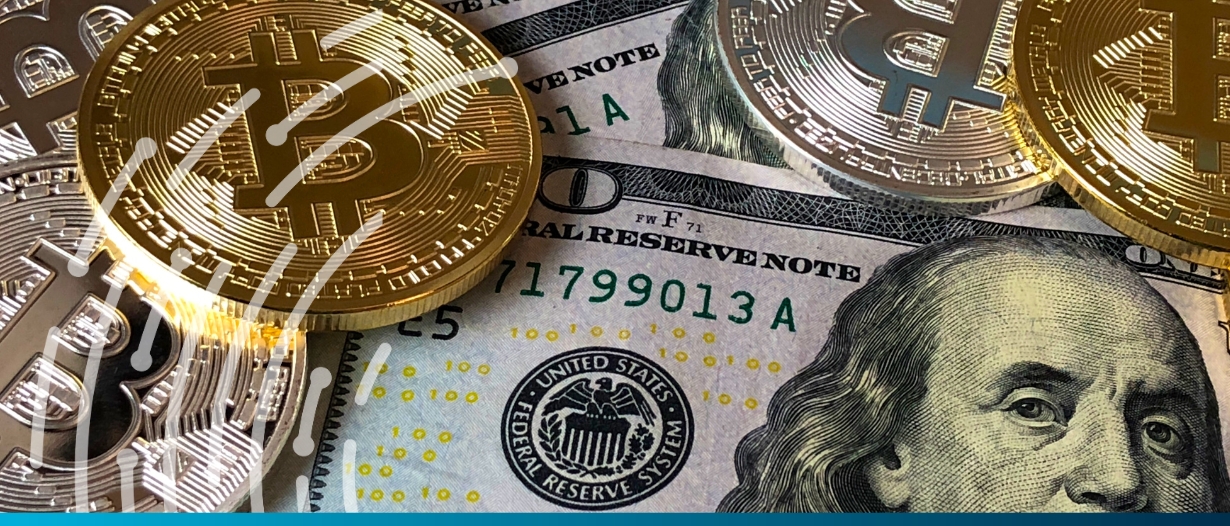J.P. Morgan is nearing completion of its first live digital trade finance transaction, following the bank’s collaboration with technology provider Enigio.
The initiative focuses on digitalising bills of exchange for working capital solutions.
J.P. Morgan and Enigio are collaborating to modernise traditional trade finance processes supported by recent legal reforms, such as the Electronic Trade Documents Act (ETDA) in the UK.
The bank has implemented Enigio’s trace:original hybrid blockchain solution as part of its Trade and Working Capital technology infrastructure and its first use case, the electronic bill of exchange. Specific controls address the unique challenges associated with hybrid blockchain technology, particularly regarding data sharing between private and public components.
The initial transaction will focus on cross-border financing, with funding directed to sellers and the bank maintaining possession of the digital bill of exchange.
Implementation will begin in the UK market before expanding to other regions. Scaling digital trade finance will require broad participation from financial institutions, as evidenced by the recent introduction of the ICC’s Digital Standards Initiative self-assessment tool.
“Electronic trade documents are not hype. They’re not transitionary,” said Patrick Zekkar, CEO of Enigio. “This is a cautiously prepared transformation initiated by regulatory changes, which create tangible benefits for the industry and society as a whole.
“The infrastructure is in place, […] and now it’s about scaling. J.P. Morgan has validated all necessary elements to ensure a sustainable, robust operation as they move forward with their scaling plans. Others are following suit; this train is moving.”
Information in this article has been changed since publication.





























